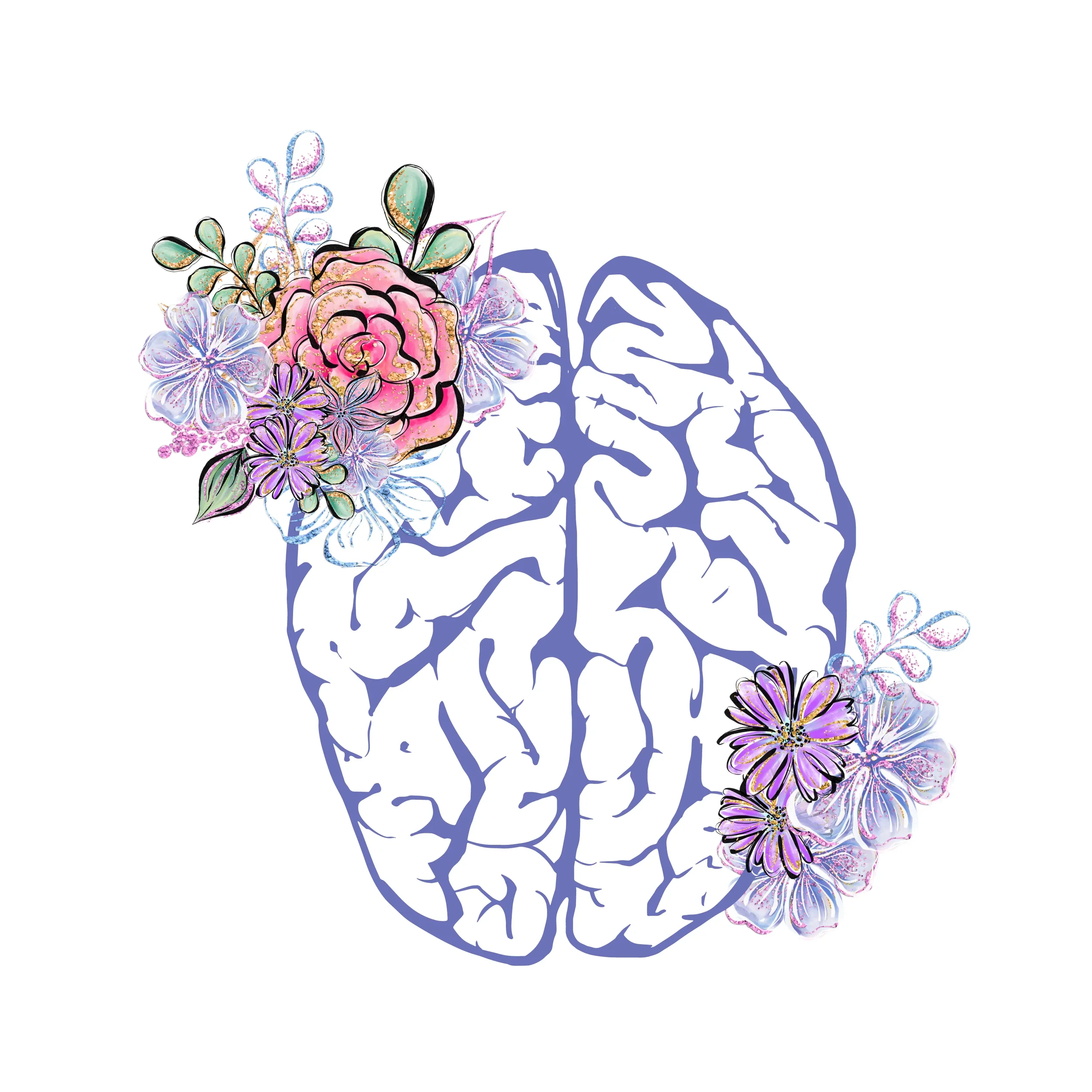
Is aphasia creating barriers to communication? We provide resources and tools to help build new bridges to better connection and communication.
Aphasia
Aphasia is an impairment of language that sabotages the production and the understanding of speech as a result of several conditions affecting the brain (e.g., stroke, traumatic brain injury, infection, and brain tumor).
Aphasia can affect:
-
Talking
—Word finding difficulty
—Trouble creating meaningful sentences
—Making up words
—Substituting sounds/words
—Leaving out words
—Putting words in the wrong order
—Making grammatical errors
-
Understanding
—Difficulty understanding others in conversation
—Requiring extra time to understand
—Trouble understanding complex sentences
—Difficulty answering questions
-
Reading
—Difficulty recognizing words/sentences by sight
—Trouble sounding out words or associating sounds with letters
—Misinterpreting the meaning of written words (e.g., interpreting “couch” as chair)
-
Writing
—Trouble writing, typing, or copying letters, words, and sentences
—Writing single words only
—Substituting incorrect letters or words
—Spelling or writing nonmeaningful syllables or words
Explore our practice and start your journey toward better communication today.
Changes in language can immensely impact the way a person is able to participate in life. It is a frustrating impairment as people with aphasia still know what they want to say and can make their own decisions. Aphasia varies from person to person in its severity and presentation, and it can change over time, especially when treatment is provided. Early and consistent support is crucial for a positive outcome.
Improved life participation with aphasia is achievable. A speech-language pathologist is specially trained to provide treatments, education, and strategies focused on improving communication and the ability to participate in valued life activities.
